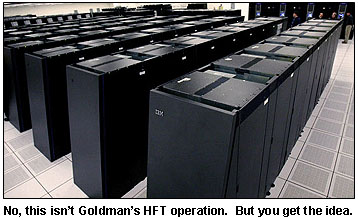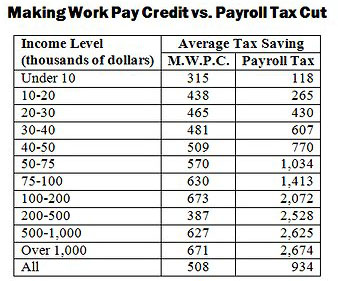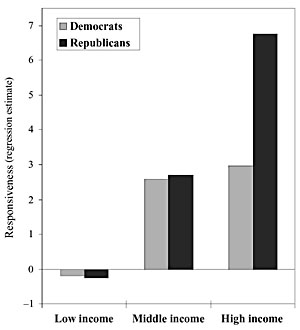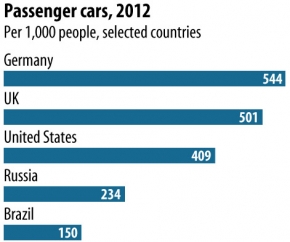Over at Blue Marble, the subject is pickles:
Pickles are mysterious things. You take a regular old vegetable. Just your average cucumber, carrot, bell pepper. Add some brine, maybe a few spices,
and then, a few days later, presto! A pickle.
This is followed by a half-hour podcast about the science of pickle making. If you’re interested in pickles, you should listen.
But it didn’t answer my question about pickles. Here it is. I adore dill pickles. However, the ones I adore are (I think) just simple brined cucumbers with no further flavoring beyond the dill. But pickles in jars all have various other flavorings. Why is this? Pickle slices of the kind used for hamburgers are unflavored and easily available, and all I really want is a jar full of the pickles from which hamburger slices are made. Why does no one1 offer such a thing? This is a mystery that has been preying on my mind lately.
Naturally, I assume the answer is that nobody but me wants such a thing, or else supermarket shelves would be groaning under the weight of jars of whole hamburger pickles. But why does no one else like plain pickles? Everybody likes them on hamburgers, after all. What’s the deal?
1Actually, someone does. Flanagan pickles, which come in individual packages, fit the bill. But Flanagan is a mysterious outfit. Their pickles are apparently manufactured by the Comstock Michigan Fruit Division and distributed by the Great Lakes Kraut Company, but beyond that Google is silent. I would buy a jar of Flanagan pickles if such a thing existed, but apparently it doesn’t.


 over time because financiers get smart enough to make it so.
over time because financiers get smart enough to make it so. college student or out of a job). Damnit, a freakin’ Mormon is going to win Virginia!
college student or out of a job). Damnit, a freakin’ Mormon is going to win Virginia! opposed the payroll tax cut. Republicans supported it.
opposed the payroll tax cut. Republicans supported it. risen 2½ times, according to the analysis of financial disclosures, rising from $280,000 to $725,000 in inflation-adjusted dollars.
risen 2½ times, according to the analysis of financial disclosures, rising from $280,000 to $725,000 in inflation-adjusted dollars.



